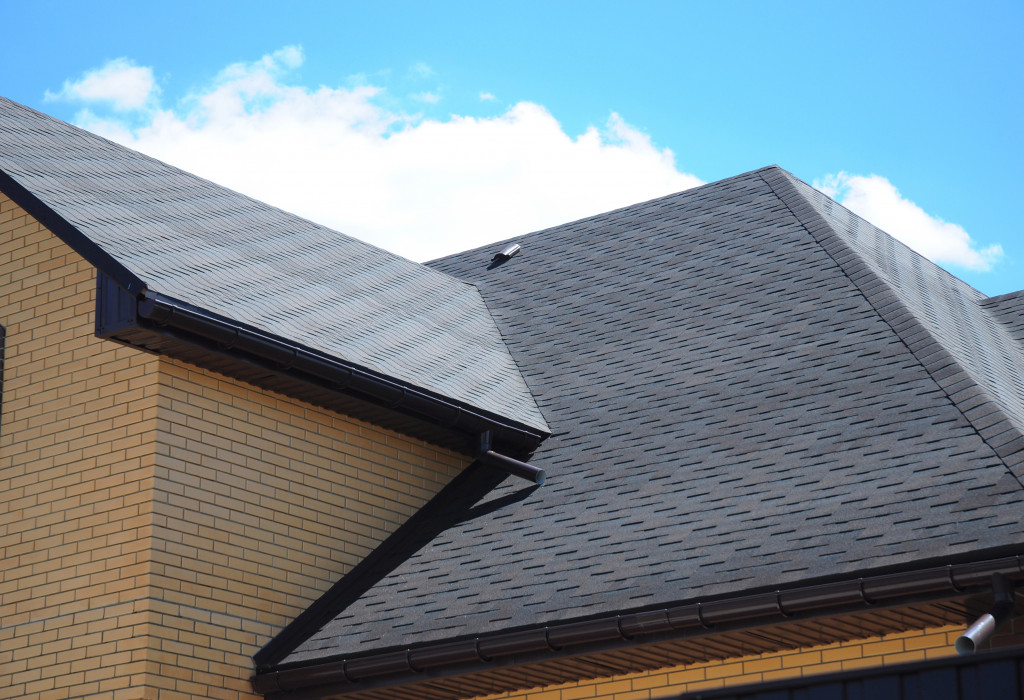Two of the most popular alternatives to generally costlier single-family detached houses in Utah are townhomes and condominiums. These properties are not alike; they share many features that can blur the line between their dissimilarities to many people with an untrained eye. To compare them like an experienced realtor in Daybreak or any other master-planned community, let us shed light on the difference between townhomes and condos.
Architecture
Aesthetically, the look of townhomes is closest to that of row houses, but the former can be configured in various ways within the development. In other words, townhomes do not need to appear in a row on a single street. Condos can mimic the look of multi-story townhomes, which is why people sometimes confuse one with the other.
Condominium complexes are generally constructed as high-rises, whereas townhomes can be towering from the ground but do not seem like skyscrapers. Nevertheless, individual townhomes and condos share at least one wall with another unit, depending on where they are situated in the overall structure.
Space
Generally, condos lose this round, for they are usually built in the city where residential space is scarce. These units might have more than one story, but they can’t compete with the square footage of townhomes. While condos can come with balconies, they have no yard area.
Ownership
 When you buy a townhome, you get to own the unit’s exteriors and interiors and the adjacent lawn. But when you choose a condo, you are just buying what is inside the unit, for everything else in the building is communal.
When you buy a townhome, you get to own the unit’s exteriors and interiors and the adjacent lawn. But when you choose a condo, you are just buying what is inside the unit, for everything else in the building is communal.
Privacy
You will have at least one next-door neighbor when you purchase a townhome or a condo, except the former never comes with a unit above or below it. A condo, depending on the style of the building and its location in the structure, might only have a window in one side.
HOA
Groups of townhomes and condos are communities of their own. The residents equally pay for the amenities everyone can enjoy. So, you are going to deal with a monthly homeowners (or condominium) association fee to cover the maintenance of communal spaces and facilities.
The difference is that condo owners tend to pay for a higher regular expense because a good association is in charge of the upkeep of the building exteriors as well as the repair needs of individual units. While townhome owners pay less monthly, they have more responsibilities. They have to pay for the maintenance of their unit’s exteriors and interiors out of pocket.
Townhome and condo associations are a democracy. The board votes on different regulations that every resident should abide by. The rules seem restrictive at times, but everybody gets to weigh in to some extent, which is fair for all.
Insurance
When it comes to homeowner’s insurance premiums, those attached to townhomes are generally higher since they also cover the unit exteriors, whereas condo owners only need to insure the interiors.
Comparing pieces of real estate is always trickier than initially thought. But as long as you gain a deeper understanding among different property types, finding one that makes sense to your situation becomes far more comfortable.







